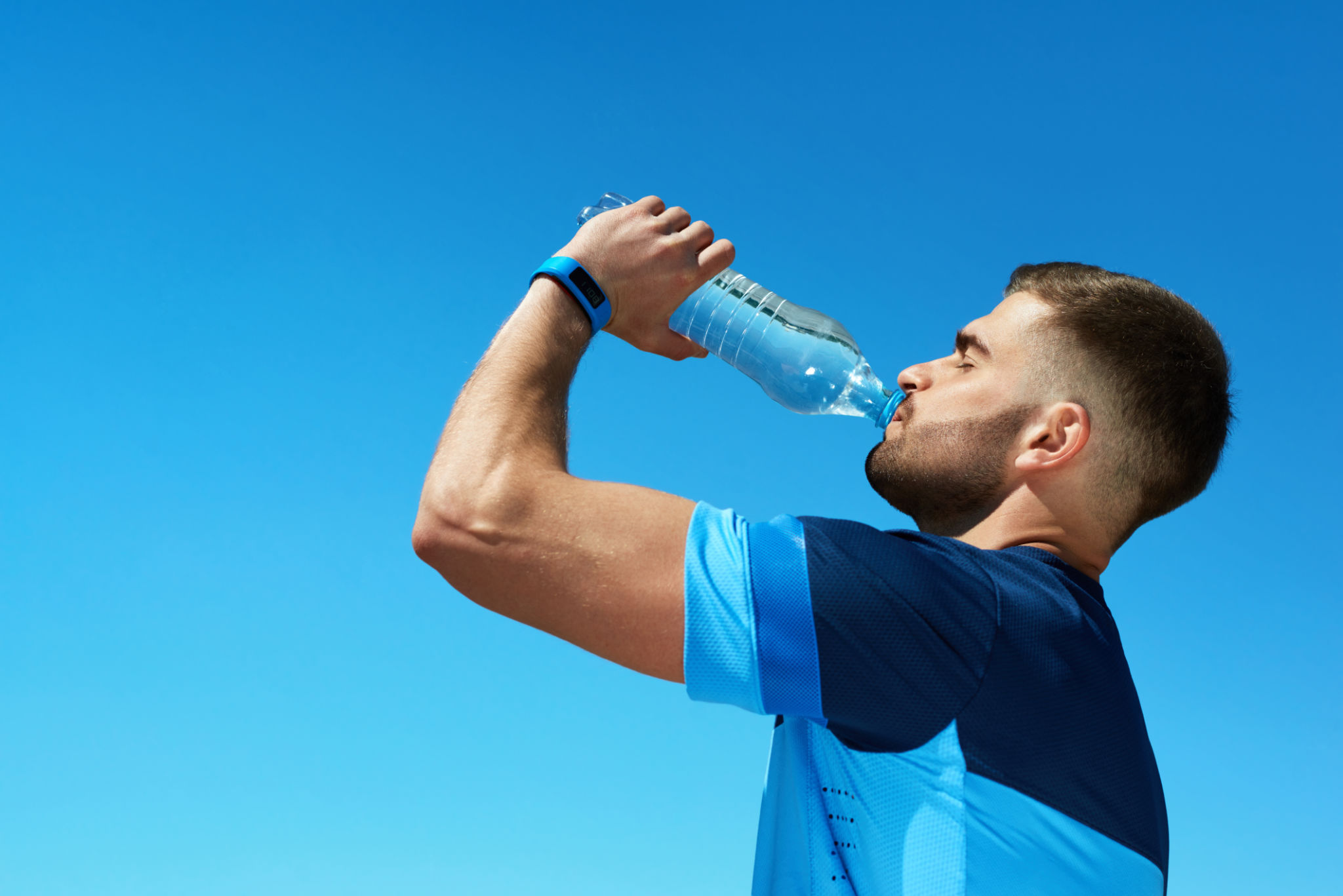Hydration Myths Busted: What Every Young Athlete Should Know
Introduction to Hydration Myths
When it comes to sports, young athletes are often bombarded with advice on how to stay hydrated. Unfortunately, not all of this advice is accurate. Understanding the truth about hydration is crucial for peak performance and overall health. In this post, we'll tackle some common hydration myths and reveal what every young athlete should know.

Myth 1: Drinking Water is the Only Way to Stay Hydrated
While water is a fundamental component of staying hydrated, it's not the only source. Foods like fruits and vegetables also contribute significantly to hydration. Watermelon, cucumbers, and oranges are excellent examples of foods that have high water content. Incorporating these into your diet can help maintain proper hydration levels.
Electrolytes Matter Too
For young athletes, especially during long training sessions or games, simply drinking water might not be enough. Electrolytes like sodium, potassium, and magnesium help retain fluid and are lost through sweat. Sports drinks can replenish these electrolytes, but they should be consumed in moderation due to their sugar content.

Myth 2: If You're Thirsty, You're Already Dehydrated
Thirst is often considered an early indicator of dehydration, but it's not as straightforward as many believe. Feeling thirsty is your body's natural way of prompting you to drink fluids, but it doesn't necessarily mean you're dehydrated. Staying attentive to your body's signals is essential, but don't panic if you feel thirsty—just ensure you're drinking regularly.
Signs of Dehydration
It's crucial to recognize the signs of actual dehydration. Symptoms may include dizziness, fatigue, dry mouth, and dark urine. Monitoring these signs can help prevent dehydration before it affects performance.

Myth 3: More Water Means Better Performance
While staying hydrated is important for athletic performance, drinking excessive amounts of water can lead to a condition known as hyponatremia. This occurs when the sodium level in the blood becomes too low due to overhydration. It's vital for athletes to balance fluid intake with their body's needs.
Creating a Hydration Plan
A tailored hydration plan can prevent both dehydration and overhydration. Factors such as climate, intensity of activity, and individual sweat rates should be considered. Consulting with a coach or nutritionist can help create a plan that aligns with your specific requirements.

Conclusion
Busting these myths is the first step towards understanding the importance of proper hydration for young athletes. By focusing on a balanced approach that includes water, electrolytes, and hydrating foods, athletes can enhance their performance and well-being. Remember, listening to your body and making informed choices will always be the best strategy for staying hydrated.